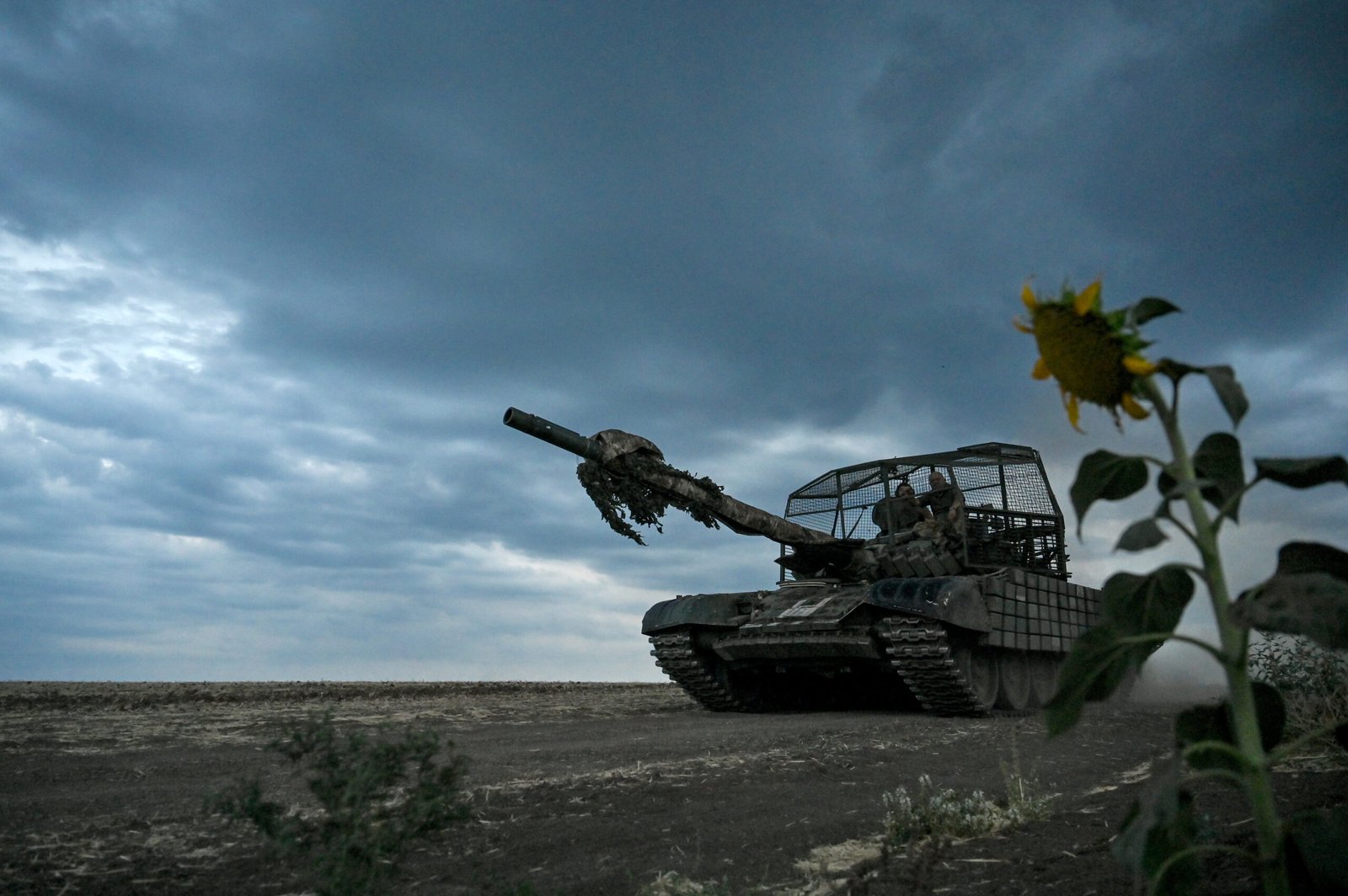The election of Donald Trump has set the stage for what many expect to be a push for some kind of peace deal between Russia and Ukraine in the coming months. The outcome of these efforts is likely to redefine the entire global security framework and determine whether the rules-based order established since World War II is replaced by a new era of international instability.
In the eighty years since the defeat of Nazi Germany, the United States has emerged as the key architect of global stability. The decades of unprecedented economic growth and relative peace that followed the Cold War allowed nations to enjoy a period of relative security and prosperity under the umbrella of international law. However, it is now clear that this tranquility lulled some democracies into neglecting their defense commitments, which helped convince autocracies like Putin’s Russia that the time was right to contest the existing order.
Ukraine now finds itself on the front lines of a clash between the democratic and authoritarian worlds. Since the collapse of the USSR, the former captive nations of the Soviet Union have struggled to emerge from centuries of Russian imperial rule. Lithuania, Estonia, and Latvia have succeeded in integrating into Western economic and security alliances. Others such as Belarus have returned to the Kremlin orbit. Ukraine’s journey has been the most challenging of all.
Since 1991, Ukraine has slowly but steadily moved away from the totalitarian past and set out on a pathway toward a democratic European future. However, these efforts have been hampered by Russia’s determination to reassert its control over the country. Since the early years of the post-Soviet era, it has become apparent that Moscow views the emergence of a genuinely independent and democratic Ukraine as an existential threat to its own authoritarian model and a potential catalyst for the next chapter in Russia’s retreat from empire.
Stay updated
As the world watches the Russian invasion of Ukraine unfold, UkraineAlert delivers the best Atlantic Council expert insight and analysis on Ukraine twice a week directly to your inbox.
Ukraine’s resilience in the face of Russia’s initial invasion in 2014 and the full-scale attack of 2022 demonstrates the success of the country’s nation-building efforts and the strength of Ukrainian civil society. Despite the immense pressures of war, today’s Ukraine remains committed to democratic values and Euro-Atlantic integration. This helps to explain why Putin regards continued Ukrainian independence as so dangerous.
Moscow’s ambitions are no secret. The Kremlin views its war against Ukraine as both a crucial step toward rebuilding the Russian Empire and as a tool in the broader struggle to transform the geopolitical landscape. Putin is determined to erase Ukrainian statehood while simultaneously eroding the very foundations of international law and global security.
In Putin’s worldview, today’s rules-based order is merely a construct that serves US interests rather than a framework for mutually beneficial global cooperation. He is now building a coalition of like-minded autocrats who share his ambition of establishing a new world order defined by spheres of interest and power projection, where the world’s largest nations are free to dominate their smaller neighbors.
Eurasia Center events

The first cracks in the current rules-based order began to emerge in 2014 with the Russian invasion of Crimea and eastern Ukraine. This provoked an underwhelming response from the international community, which was interpreted by Moscow as an invitation to go further. More recently, the chaotic 2021 withdrawal from Afghanistan was seen as further proof that the United States was a declining power. This helped convince Putin to proceed with the full-scale invasion of Ukraine.
Continued Western weakness in the wake of Russia’s 2022 invasion has made Putin even more ambitious and has encouraged his authoritarian allies. Moscow has expanded its presence in Africa and the Middle East, while strengthening cooperation with the likes of China, Iran, and North Korea. This axis of autocrats is playing an increasingly important role in Russia’s war effort. In recent weeks, the first contingent of approximately ten thousand North Korean soldiers joined the Russian invasion of Ukraine. They are unlikely to be the last.
It should now be abundantly clear that a Russian victory in Ukraine, no matter how limited, would embolden autocracies worldwide. This would ignite a chain reaction and accelerate the unraveling of global security. Moreover, abandoning Ukraine would send a chilling message to all US allies. This would pave the way for a far more dangerous world where aggression is met with silence and order gives way to chaos.
It is not too late to prevent this descent into geopolitical lawlessness. A resolute Western stance on ending the Russian invasion of Ukraine can still secure “peace through strength” and send a powerful message that international aggression will not be tolerated. However, failure to do so will undermine global security and prosperity for years to come.
Victor Liakh is the CEO of the East Europe Foundation. From 2005 to 2008, he was executive director of the Child Well-Being Fund Ukraine. Previously, he worked at the Ukrainian State Center for Social Services for Youth (1996–2001) and for UNICEF (2000–2001).
Further reading
The views expressed in UkraineAlert are solely those of the authors and do not necessarily reflect the views of the Atlantic Council, its staff, or its supporters.

The Eurasia Center’s mission is to enhance transatlantic cooperation in promoting stability, democratic values and prosperity in Eurasia, from Eastern Europe and Turkey in the West to the Caucasus, Russia and Central Asia in the East.
Follow us on social media
and support our work
Image: Tankers of the 118th Separate Mechanized Brigade drive a T-72 tank during the live-fire exercise in the Zaporizhzhia sector, Zaporizhzhia region, southeastern Ukraine, on July 21, 2024. (Photo by Ukrinform/NurPhoto)

